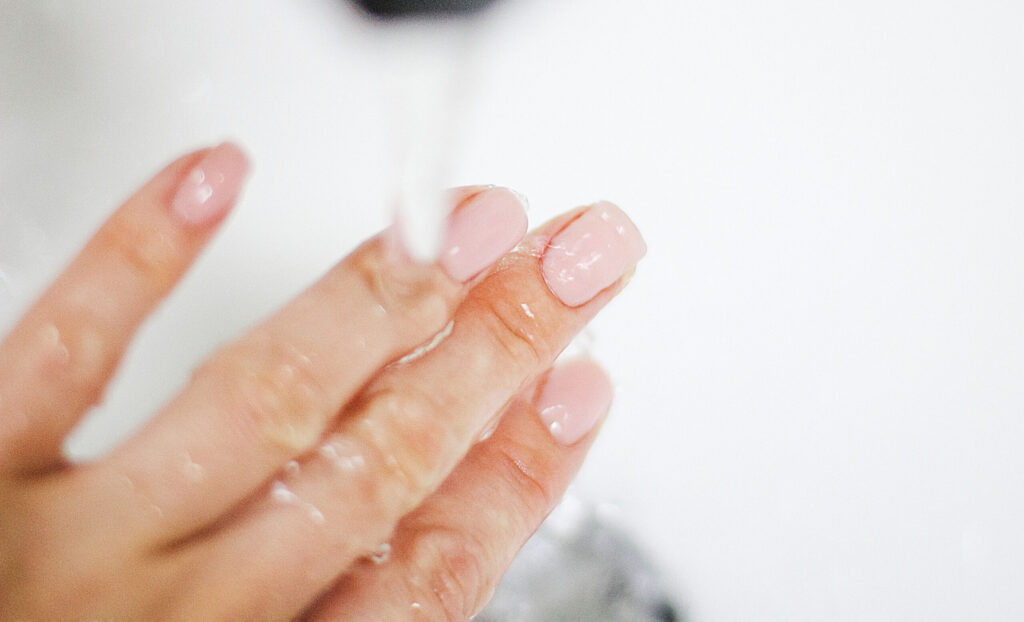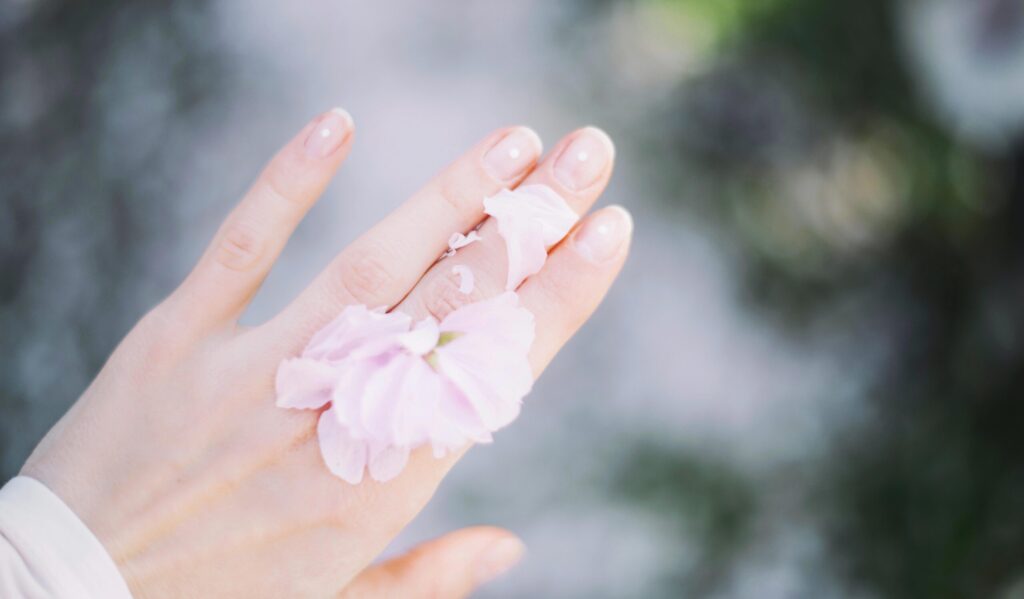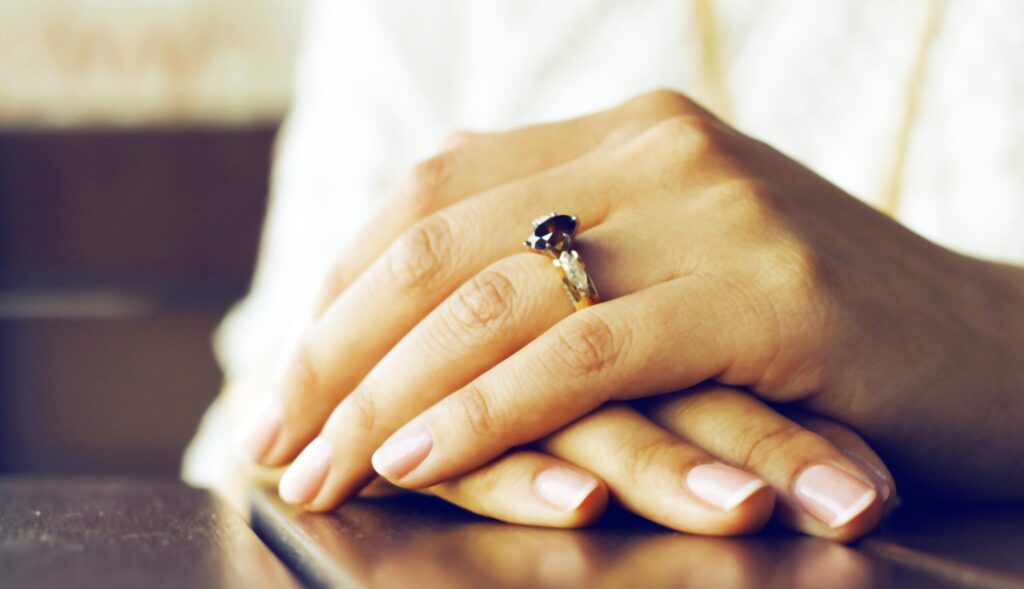
The Importance of Nail Care and Maintaining Healthy Nails Through Diet, Lifestyle, and Prevention
Nail health is an essential aspect of overall physical health and hygiene. Fingernails, while often overlooked, can provide valuable insight into an individual’s health. T
he nails’ appearance, texture, and strength can indicate various health conditions, and proper nail care is essential to maintain nail health and prevent any potential issues.
Understanding the basics of nail health can help individuals identify potential problems and take the necessary steps to maintain healthy nails.
Here’s a list of things you can do for your fingernails:
- Maintain a healthy diet: Eating a well-balanced diet with plenty of protein, vitamin B, and iron can help promote healthy nails. Protein is essential for building solid nails, while vitamin B and iron help prevent nail brittleness.
- Keep nails clean and dry: Keeping your nails clean and dry can help prevent bacterial and fungal infections, which can weaken and damage nails.
- Moisturize nails and cuticles: Applying moisturizer to your nails and cuticles can help keep them hydrated and prevent dryness, making nails brittle and prone to breakage.
- Limit harsh chemicals: Excessive exposure to harsh chemicals, such as cleaning products, can weaken nails. Wear gloves when cleaning or using chemicals, and avoid using nail polish remover that contains acetone.
- Avoid biting or picking at nails: Biting or picking at nails can cause them to weaken and become damaged. Instead, keep your nails trimmed and filed to prevent them from snagging and breaking.
- Use a strengthening treatment: Many nail strengthening treatments are available, such as nail hardeners and nail growth serums, which can help strengthen and nourish nails.
- Be patient: It takes time to strengthen nails, so be patient and consistent with your nail care routine. It may take several weeks or months to see noticeable results.
Following a healthy lifestyle, avoiding harsh chemicals, and protecting your nails can help strengthen them and prevent damage. Additionally, a nail-strengthening treatment and regular moisturizing can provide additional support to promote healthy nail growth.
Also, certain vitamins can help improve the strength and health of your nails. Here are some vitamins that are particularly beneficial for nail health:
- Biotin: Biotin, or vitamin B7, is essential for healthy nail growth. It helps strengthen the nail plate and can improve nail health by creating thickness and reducing nail splitting.
- Vitamin E: Vitamin E is a powerful antioxidant that helps protect the nails from damage and promotes healthy nail growth.
- Vitamin C: Vitamin C is another antioxidant that can help improve nail health, strengthen and prevent damage.
- Iron: Iron is essential for healthy blood flow and oxygen transport throughout the body, including the nails. Iron deficiency can cause brittle, weak nails.
- Zinc: Zinc is essential for nail health and growth. It can also help prevent damage and breakage.
While getting these vitamins through a well-balanced diet is important, taking a supplement can be helpful if you’re not getting enough of them through food alone.
*Talking to your healthcare provider before taking any supplements is essential, especially if you have any medical conditions or are taking other medications that can affect nail health.
Did you know?
Nails grow at different rates depending on the finger and the hand they are on–nails on your dominant hand (the hand you use most often) grow faster than those on your non-dominant hand.
This is because the nails on your dominant hand are subjected to more wear and tear, so your body responds by growing them faster.

The nails on your fingers grow at different rates, with the nails on your middle fingers growing the fastest and the nails on your thumbs growing the slowest.
Rates of nail growth can vary depending on factors such as age, gender, genetics, and health status. Nails generally grow about 3 millimeters per month or about 0.1 millimeters daily.
A little history:
Nails had important meanings to ancient civilizations, and served various purposes and had different meanings across different cultures.
In ancient Egypt, long and elaborately painted fingernails were a sign of status and wealth. Members of the upper classes would dye their nails with henna and decorate them with gold or silver.
In ancient China, fingernails were seen as an extension of the body’s meridian system and were used in traditional medicine to diagnose and treat various ailments. Long, well-groomed nails were also seen as a symbol of wealth and nobility.

In Western cultures, grooming and caring for fingernails became more widespread during the Renaissance period, when people began to pay more attention to personal hygiene and grooming.
Nail clippers and files were developed during this time, and nail care became a common practice.
In the 1900s, nail care and decoration became even more popular with the introduction of nail polish and artificial nails.
Today, fingernails are often seen as a form of self-expression and a way to express one’s style and personality. Nail art and intricate designs are popular trends, and a wide variety of nail care products and treatments are available to help maintain and enhance the appearance of nails.


